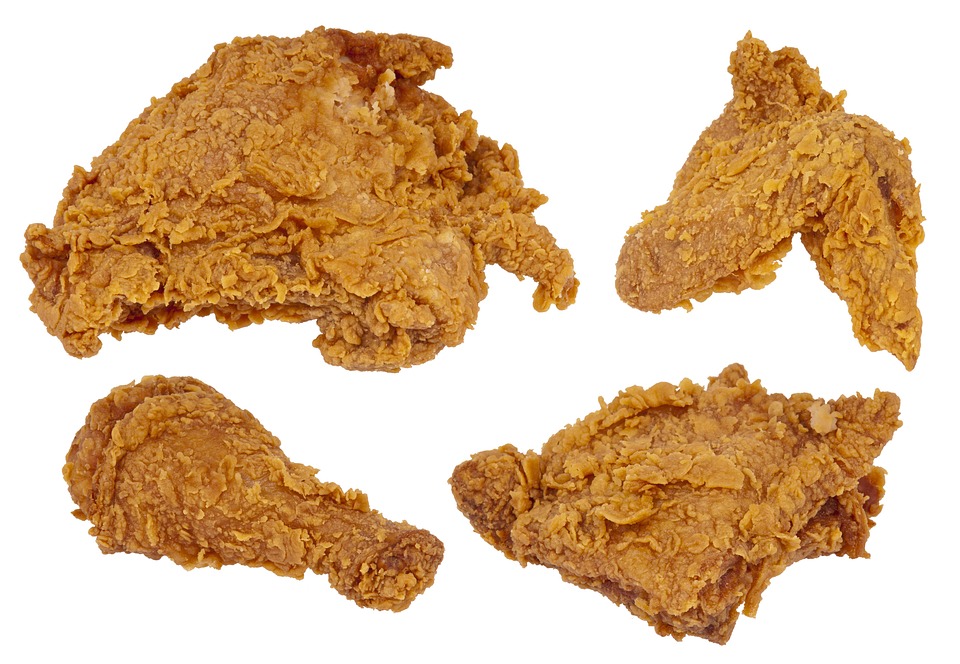
“Savor the Flavor: Why Buying Local Meat is a Game Changer for Your Plate”
[ad_1]
In an age where consumers are increasingly conscious of where their food comes from, buying local meat has emerged as a transformative choice for both our health and the environment. Beyond simply supporting local economies, opting for local meat enhances flavor, fosters sustainability, and aligns with ethical farming practices. Here’s a closer look at why this choice is not just a trend but a game-changer for your plate.
1. Incredible Freshness and Flavor
One of the primary reasons to buy local meat is the unparalleled freshness it offers. When meat is sourced from nearby farms, it often reaches your plate within hours rather than days or weeks. This decreased time from farm to table means you are enjoying meat that hasn’t been subjected to long-haul transportation, which can impact flavor, texture, and overall quality.
Moreover, local farmers tend to raise livestock sustainably, often resulting in better-tasting meat. Animals that are grass-fed or pasture-raised contribute to richer flavors and a superior quality of meat that is hard to replicate in industrial farming environments. For culinary enthusiasts, the difference can be astounding—a juicy steak or tender pork chop sourced locally can elevate an ordinary meal into something divine.
2. Supporting Sustainable Practices
Local farmers often employ more sustainable practices compared to large-scale industrial farms. Many prioritize regenerative farming techniques, which focus on improving soil health and biodiversity rather than depleting resources. This approach not only ensures healthier animals but also supports the ecosystem as a whole.
By purchasing local meat, you are making a conscious decision to support farming methods that are less harmful to the environment. Lesser transportation emissions, more humane animal treatment, and a reduced carbon footprint are all benefits of supporting your local meat producers.
3. Knowing Your Source
When you buy local, you also gain insight into where and how your food is produced. Many local farms welcome visits, allowing consumers to see the conditions in which animals are raised. This transparency fosters a sense of trust and connection that is often missing in large-scale commercial meat production.
You can often communicate directly with farmers about their practices, such as animal diets, living conditions, and overall health. This knowledge empowers you to make informed choices about the meat you consume, aligning with your values and dietary preferences.
4. Economic Empowerment
Supporting local farmers isn’t just a win for your plate; it’s also a boon for the local economy. By choosing to buy local meat, you are investing in your community and contributing to the livelihoods of those who work tirelessly to provide quality products. This keeps money within the community, fostering economic growth, job creation, and the continuation of sustainable farming practices.
Moreover, local businesses often purchase supplies and services from other local companies, creating a positive economic ripple effect that benefits everyone—from farmers to local artisans and vendors.
5. Nutritional Benefits
Finally, local meat often boasts superior nutritional content compared to its mass-produced counterparts. Grass-fed and pasture-raised animals tend to have higher levels of omega-3 fatty acids and lower levels of saturated fat. Buying local also often means you are avoiding the antibiotics and hormones typically used in factory farming. This results in cleaner, healthier meat, contributing positively to your overall well-being.
Conclusion
Savoring the flavor of local meat is about more than just the taste; it is an enriching experience that impacts your health, the environment, and your community. By stepping away from the grocery store and into the world of local producers, you’re making a choice that yields delicious rewards. So the next time you’re at the market, consider the local meat section as an opportunity to enhance your meals and support sustainable practices, proving that in the world of food, where you buy truly matters.
[ad_2]
